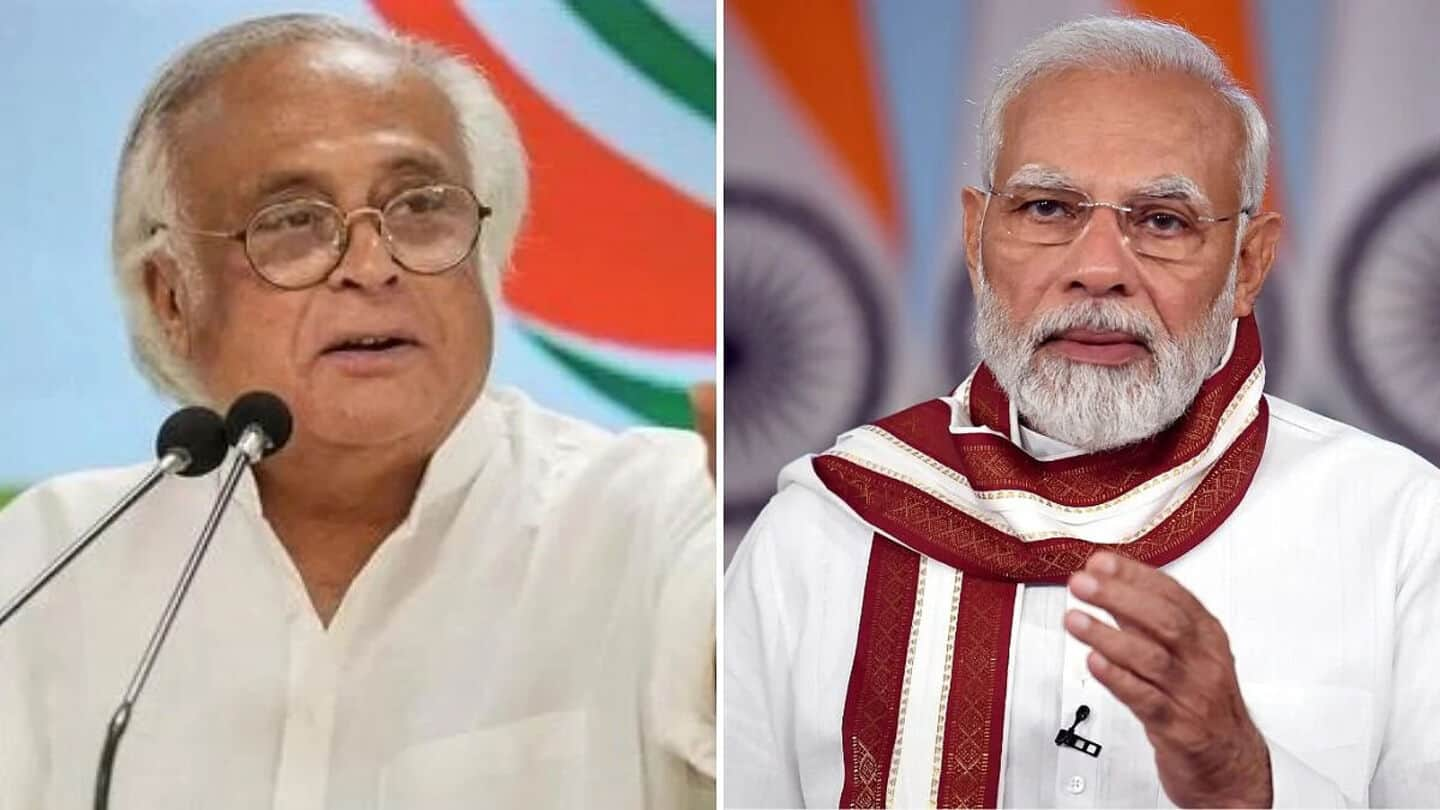
'Pathological liar': Congress responds to Modi's semiconductors promise
What's the story
Congress MP Jairam Ramesh has responded to Prime Minister Narendra Modi's promise on Independence Day that 'made in India' semiconductor chips will be available in the market by the end of 2025. In a post on X, Ramesh called PM Modi a "pathological liar" for claiming that India lost 50-60 years in semiconductor technology development. He pointed out that the Semiconductors Complex Ltd in Chandigarh has been operational since 1983.
Development timeline
What did PM Modi say in his I-Day speech
In his Independence Day speech, PM Modi said discussions were held 50-60 years ago to set up semiconductor manufacturing plants, but they never took off. He claimed initial efforts were halted before they could materialize. The prime minister announced that India will launch its own semiconductor chips by the end of 2025 and is working in "mission mode" to boost manufacturing.
Project allocation
Ramesh accuses BJP-led Centre of bias against opposition-ruled states
Ramesh on Thursday had also accused the Modi government of bias against opposition-ruled states in approving and allocating semiconductor manufacturing projects. He said while four projects were approved by the Centre, several proposals from non-BJP states were either redirected or conditionally approved. A major private company's project application in Telangana was approved on the condition it be shifted to Andhra Pradesh, he alleged.
Project relocations
Ramesh highlights project shifts to BJP-ruled states
Ramesh also highlighted two other proposed projects that were shifted from Telangana to Gujarat. He claimed another factory planned for Tamil Nadu was approved only after agreeing to relocate to Gujarat. "Much earlier similar transfer of locations were forced through," Ramesh said. He questioned the fairness of competition among states if such biases exist in project approvals and allocations.